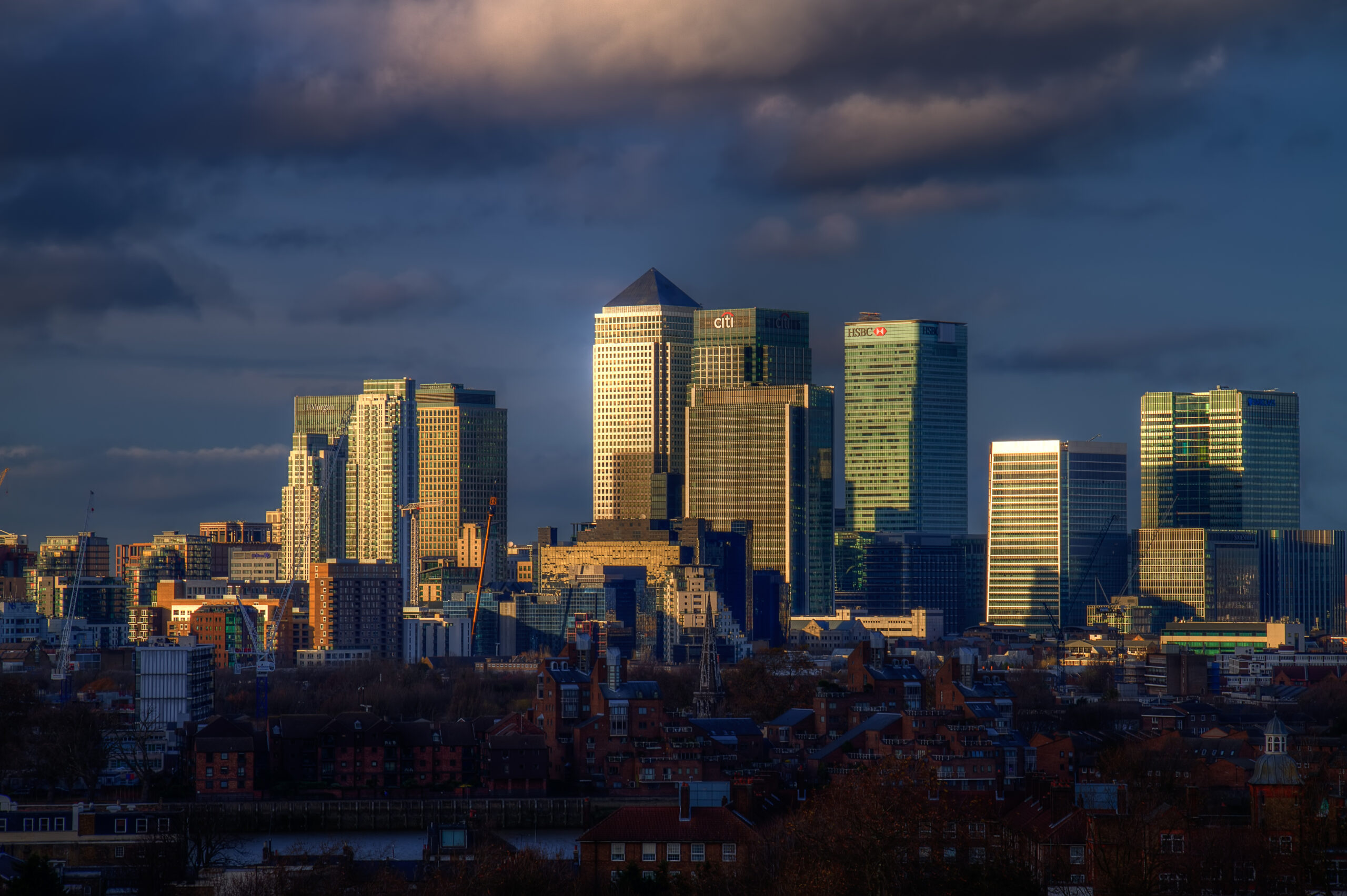And with all of the banks and the property market pushing up the price by being a sure-fire investment, no wonder houses and flats have become too expensive to fulfil the needs of those unable to afford them. For property is one of the ways that investors can be guaranteed the kind of income they require, as prices have risen and property becomes more desirable as a potential return on investment.
The malaise at the centre of our economy, driven home by the pandemic, is how low-wage we are
This instability has to be addressed. This reluctance to put money into new business corrupts our economy and percolates down to make the UK one of the leading, if not the leading, low-wage economy in the world.
But we have had a long history of underinvestment in new businesses. Investors have largely, with some honourable exceptions, concentrated on getting the maximum return with the minimum of risk and effort. That was what was so great for the British investor in the days of the Empire. You could just live off of unearned income supplied by a low-wage or even virtually no-wage economy in Africa and the West Indies.
It’s difficult to break the habits of 10 lifetimes. It’s difficult to rise above the demand of investors to want money for property investment. Because with property, unlike business investment, it’s a “bird in the hand and not two in the bush”.
The unrisky banking system holds us back in every way economically. It means that millions of people are so poorly paid in our economy that they cannot afford ‘market rent’ prices, whatever that means. And therefore need social housing. And because they come from a low-wage background, often over many generations, low wages from low-invested-in industries, they are stuck. If you want to even up supply of social housing with demand then you have to drop the demand. And to drop the demand you are going to have to educate and train and upskill people en masse into high-wage jobs. Not another job at the bottom of the pay scale which will keep you bobbing along forever.
Housing has been made one of the central crises of the modern UK because of the increasing value of a commodity that banks have an orgasm over: homes.
We could of course keep building more social housing, which in the short term is desirable. But if we want a healthy, socially just society then we are going to have to upskill those who need social housing so that there is a churn; as people can then move out of social housing because they don’t need it any more.
There is only one way of fixing the banks, and it’s not simply getting them trained up in Germany. The malaise at the centre of our economy, driven home by the pandemic, is how low-wage we are. How full our hospitals are – circa 85 per cent pre-Covid – with people who have passed through the blight of low-wage work and life.
We have to instruct our legislators to invest, as they do in Germany. We have to have Parliament get off its rear and insist that low-wage living is a poor, struggling living.
If Boris Johnson is serious about getting us into a healthier economy then it will mean investment in new industries, new housing, new investment bodies; and not the tired old banks that started back when we became the low-wage capital of the world. Once we were known as the ‘workshop of the world’. Since then we have become ‘the sweatshop of the world’. Banks have to be revolutionised to achieve what we need. Investment finance has to be seen as the key to the fight for a socially just society, so we can break the monotony of continually producing people in dire need.
John Bird is the founder and Editor in Chief of The Big Issue.
john.bird@bigissue.com
Image: Radu Micu/Flickr











